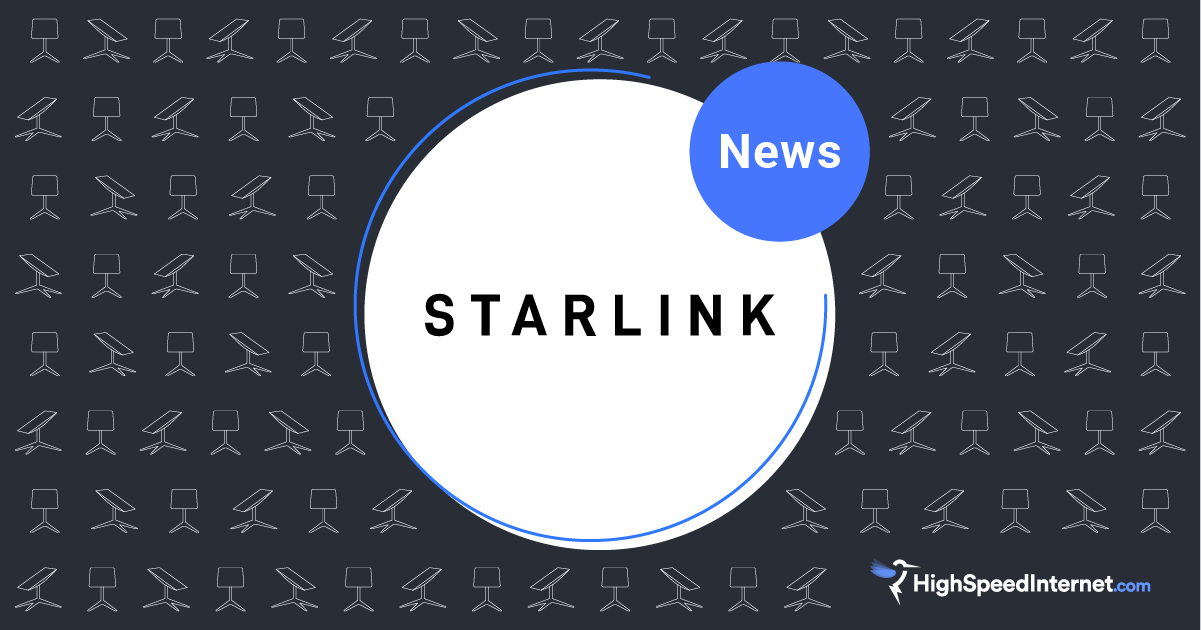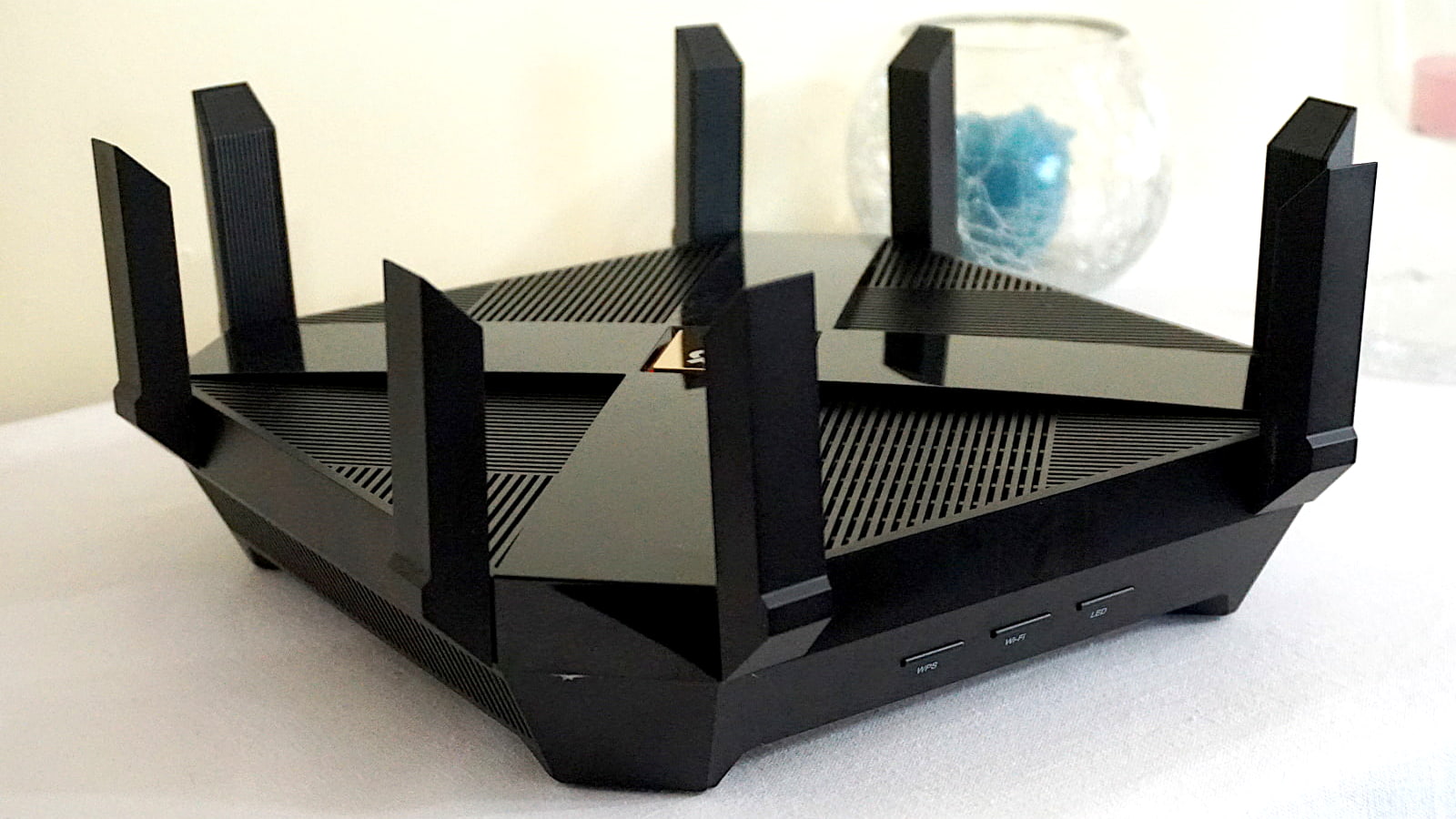How To Get Out of an Annual Price Hike
What you can do when your internet rates suddenly go up.
Nov 20, 2023 | Share
Brand Guides
You may have noticed a recent increase in your internet bill. There’s something particularly infuriating about suddenly paying more solely because your provider says so, even when you’ve been a loyal customer. But what are your options?
Depending on the reason for the price hike, your current contract with your ISP, and your local internet landscape, you likely have some options to help you avoid an annual price hike, or at least soften the blow a bit. Let’s go over how to get a swelling internet bill back down to a reasonable rate.
Get easy savings by switching providers
New customers get the best deals. Why not switch if you have access to other ISPs with better terms, cheaper prices, and excellent service? Enter your zip code to see the new internet providers in your area.
Answer these questions first:
Are you in a term contract with your ISP?
Many internet plans require a time commitment (typically one year) or contract when you sign up for an internet plan. You can still leave your internet service provider (ISP), but you’ll likely be subject to early termination fees.
Are you open to a new provider?
Your options and potential savings increase dramatically if you’re game to switch. And these days, switching providers doesn’t have to be a giant hassle. Some services, like T-Mobile 5G Home Internet, can be set up within a few hours of signing up. See our quick guide on switching ISPs to set up a smooth transition.
Switch internet providers (unless the price hike is reversed)
A willingness to cancel your plan is the strongest message you can send your ISP. However, most ISPs are keen to empty threats. Instead of bluffing and hoping for the best, you should actually look at your other options. That way you’re prepared to jump ship if your ISP doesn’t remove the price hike.
A really easy out is to switch to a 5G internet provider, or at least have it as a plan B. 5G gets its signal from cell towers; there are no cables or installation appointments, meaning you could probably be online with a new ISP in a few hours.
Enter your zip code below to see which providers are in your area.
Tips for negotiating with your ISP
Negotiations with your ISP are best done on the phone. Save time by spelling things out plain and simple. Don’t just say you’d like to cancel your service, but instead, explain that you’re unhappy with the price hike and would like to cancel your service unless your pricing returns to normal.
You’ll likely be transferred to a reconciliations department or something similar, so be prepared for a somewhat lengthy phone call. Try to remain firm on the request for a permanent rate adjustment, as you’ll likely get offered a one-time credit, or a discounted price for a few months. These temporary adjustments are better than nothing, but settling for a good temporary price is how we get baited into price hikes in the first place.
Change your internet plan
If you’re not ready to change your ISP, consider switching to another plan offered by your current provider. This should be as simple as a phone call, requiring no installation or other messy change-ups. Hopefully, with a new plan, you can negotiate new terms and get out of the price hike.
Of course, you want the new plan to be cheaper, and the best way for most people to achieve that is by selecting a lower speed tier. Many of us overpay for exorbitant internet speeds that we’re not even using. This is because a faster internet plan doesn’t affect the speed of your internet tasks, but the volume of tasks you can carry out at a single time. So super high-speed plans are useful only for huge households or those with exceptionally demanding internet needs. For most of us, 250Mbps is more than enough.
Choosing a lower speed tier is an excellent way to lower your bill without noticing much, if any, difference in your internet connection.
Get compensated for poor performance
If your internet service has been less than stellar, ask your ISP to adjust your bill to make up for it. If you’ve had a lot of outages, these are easy for the ISP to see and track, so simply bringing the topic up should be enough for them to look into the evidence on their end.
However, if you’ve just had slow speeds, these can be more difficult to prove. Internet speeds fluctuate throughout the day, even when things are running perfectly. Other factors, such as Wi-Fi vs. Ethernet connections can also affect speeds. Additionally, ISPs don’t usually guarantee their speeds outright anyway.
It can still help your case to get a few speed test readings throughout the day to support your claims of slow speeds. Use our speed test below, or even better, download our speed test app, which automatically records your results.
Other ways to lower your internet bill
Even if you can’t get your ISP to backtrack on a price hike, you can still do things to soften the blow. At the end of the day, the goal is cheaper internet service, and these tips will help you get there.
Watch your data cap
Your data cap refers to how much information or data your ISP allows you to use per month; if you go over, there’s a fee. Even worse, these fees often compound as you continue to exceed your data cap, sometimes adding as much as $100 onto your internet bill.
The best way to avoid data overage fees is to sign up with an internet provider with unlimited data. The next best way is to monitor your data usage. Most major ISPs allow you to see your data usage on a mobile app or in your online account.
If you’re consistently breaching your data cap, it’s worth signing up for extra data, as it’s often cheaper than paying fees every month. If your ISP doesn’t offer extra data, consider switching providers, as many don’t even have data caps, allowing their customers to browse and stream without that.
It’s worth at least seeing what your options are–try our quick zip search below.
Purchase your own router
Renting internet equipment from your ISP seems like a no-brainer at first, after all, $15 a month is a lot easier to stomach than a big purchase at Best Buy. Renting also takes the guesswork out of knowing which router to choose, and if anything goes wrong, it’s the ISP’s problem, not yours.
But all that convenience is more expensive in the long run. You can get a great internet gateway (modem/router combo) for about $150 or less, while a $15 rental fee over two years is more than twice as much at $360. If you don’t plan on changing your ISP for at least a year or two, it’s cheaper to purchase your own router.
FAQ
Can you get out of an internet price hike?
Why do ISPs increase prices?
Author - Austin Aguirre
Austin worked as a broadband technician installing and troubleshooting countless home internet networks for some of the largest ISPs in the U.S. He became a freelance writer in 2020 specializing in software guides. After graduating with a BS in technical communication from Arizona State University, he joined the team at HighSpeedInternet.com where he focuses on home network improvement and troubleshooting.







